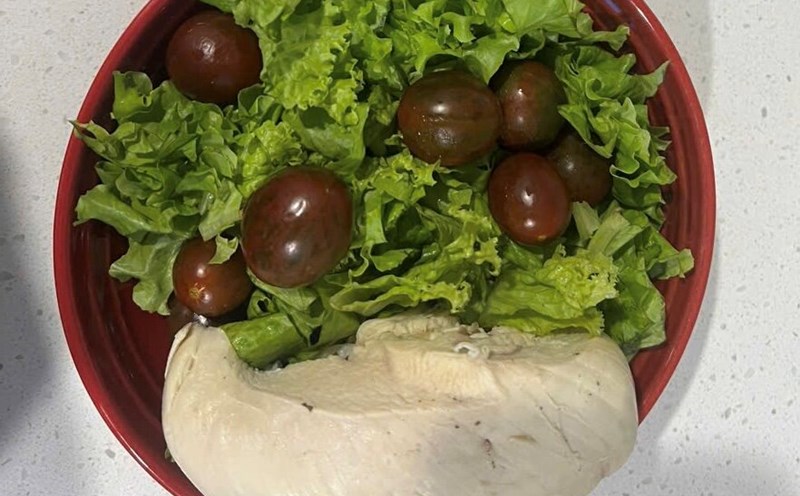Understanding Big Breakfast and Small Dinner
Eating more at breakfast and reducing dinner portions has gained a lot of attention in the weight loss process of many people, said Sneha Sarkar, a nutritionist and diabetes educator (India).
The main principle of this practice is to eat a larger meal, like dinner, in the morning and consume a smaller meal, like breakfast, in the evening.
The concept essentially boils down to the body's need to boost metabolism. Nutritionist Sarkar explains that eating a larger meal in the morning can increase your resting metabolic rate (RMR) and thermogenesis, helping your body burn more calories throughout the day.
Eating a large meal in the morning may also improve insulin sensitivity, reducing the risk of developing insulin resistance and other health problems.
“By eating a smaller meal in the evening, you can reduce your overall calorie intake and avoid consuming excess calories before bedtime, which can aid weight loss,” says Sneha Sarkar.
Who should not use this method?
However, nutritionist Sneha Sarkar also notes that pregnant or breastfeeding women, people with diabetes or blood sugar issues, or those with a history of eating disorders or certain medical conditions, such as gastrointestinal problems, should stay away from this particular way of eating.
What is the ideal amount of calories per meal?
Ultimately, weight loss will depend on a calorie-reduced diet combined with exercise, says Sarkar.
Make sure you are eating a balanced diet with the right ratio of macronutrients and micronutrients. Especially when you are doing this eating process, listen to your body.
If you are not hungry in the morning or feel tired, then this could be a sign that the above method is not the best and suitable approach for you.
Nutritionist Sarkar notes that the ideal number of calories per meal will vary depending on factors such as age, gender, weight, height, activity level and health status.
But a general rule of thumb that most people should follow is to eat only 20-30% of your daily calories for breakfast; 30-40% of your daily calories for lunch, and 20-30% of your daily calories for dinner. Snacks can make up 10-20% of your daily calories.
Swapping breakfast for dinner can help you lose weight if done correctly, but it's not a one-size-fits-all solution. So pay attention to your overall calorie intake, nutritional balance, and listen to your body's needs, as everyone is genetically different.











